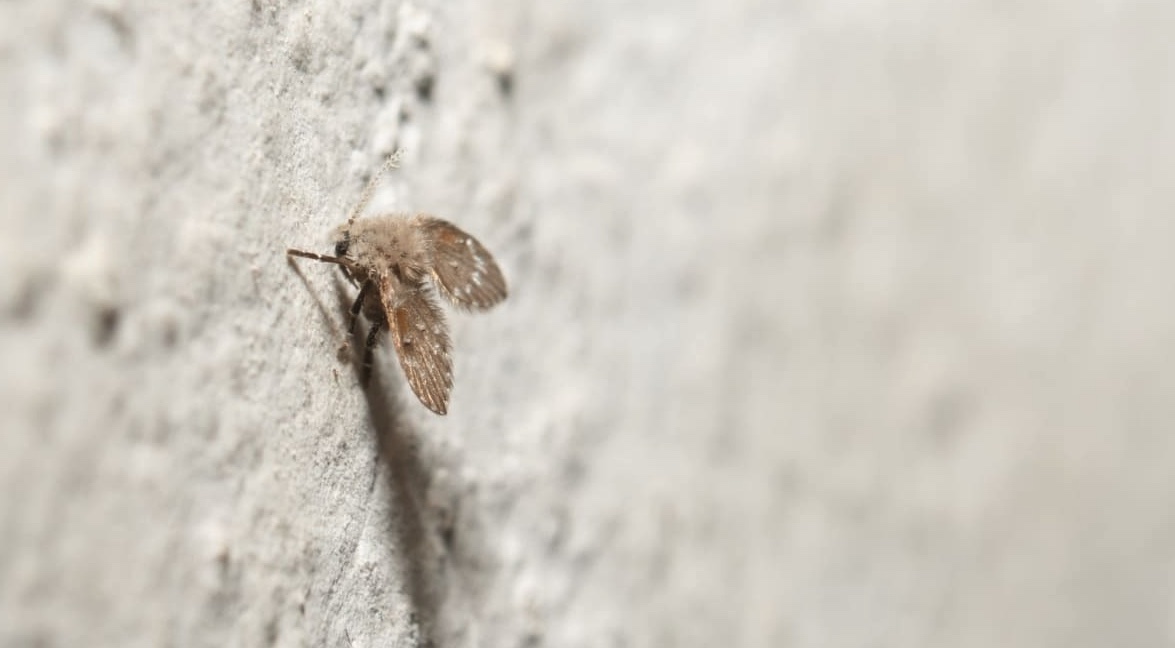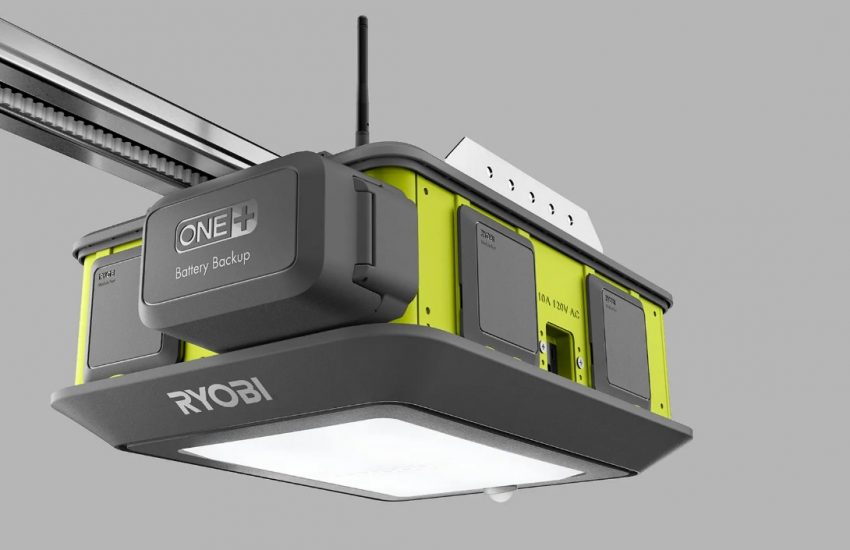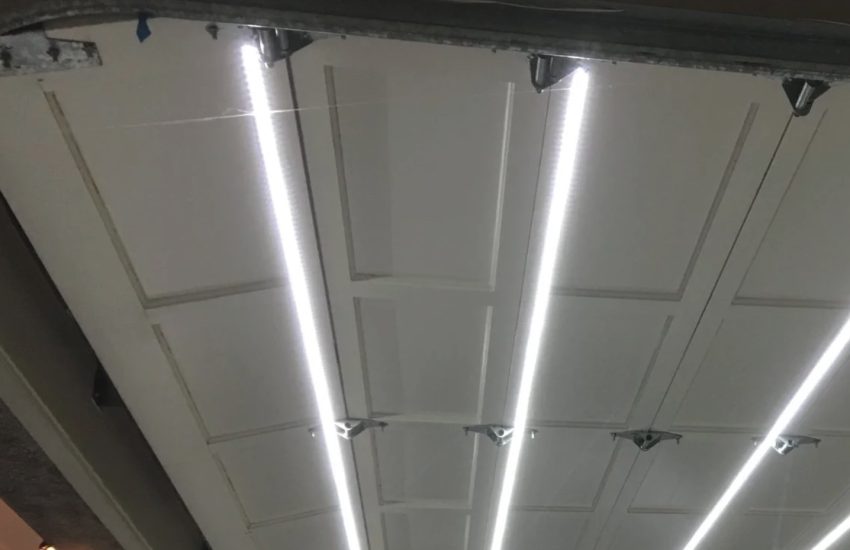How to Get Rid of Gnats in the Drain
Gnats are also known as fungus gnats. They are small flies, usually black, grey, or brown, and they look like mosquitoes even though they don’t bite. These flies feed on decaying organic matter, including food and plant material. Drain flies are usually found in drains and other wet areas indoors and outdoors.
Gnats like living in wet and dirty places where they can find a steady supply of food and can lay their eggs there. They can access the drain through the sink or if there are breaks in the drainage. If you have a gnat problem in your drain, there are simple ways to get rid of them with things you can find at home.
What causes gnats in the drain?
Just like any other pest, they like living in a place where they can thrive with a steady flow of food. The following are the main causes of gnats.
- Moisture. Gnats love living in places that are warm and have moisture. Drains are pretty much always wet, so they are usually found in such places. The gnats will usually die off or move to a different drain if the drain dries out.
- Stagnant water. Other than places with moisture, gnats thrive in places with stagnant water. This can be outdoors or in your drainage. If your piping has a place where water constantly collects, it is easy to find some gnats there.
- Decaying material. Gnats feed on decaying organic matter. This is why they are found in places that have this debris. If you pour food matter down your drain, this could cause gnats in your pipes.
- Undisturbed places. These insects thrive in places that don’t get much traffic; this includes old pipes, basements, or sewers. This ensures that they can eat and lay their eggs without any disturbances.
Are gnats harmful to your health?
For the most part, no, gnats are not harmful to your health. However, they can be quite a nuisance in your home when they start coming out of the drain. They will often come out at night, and it is easy to find your sink and wall close to the sink full of these disgusting insects.
They eat the decaying organic material in the drain and lay up to 200 eggs which hatch after a few days. The larvae don’t take long to fully mature, and they are soon strong enough to fly out of the drain into your home.
They can be quite beneficial in small numbers since they consume the organic material that may block your drain. This ensures that you don’t have to worry about cleaning out your pipes too frequently. However, their numbers will grow quickly, making them a nuisance in your home.
While they are not disease-carrying insects, they can carry bacteria from the drains and infect your food in large numbers. This is why you should get rid of them as soon as you notice them in your home through the remedies in this article.
How to know that you have gnats in your drain
The easiest way to identify that you have a gnat infestation is by seeing them around the sink and walls of the affected area. When they increase in numbers, you will notice them in large numbers, especially at night.
A sure way to also identify them is using the tape method. Completely cover the drain of your sink with tape and leave it overnight. The gnats flying out of the pipes will get caught by the tape just like crickets will, and in the morning, you can confirm your suspicion. You can also open up your drain to check if there are any larvae in there when you notice worm-like things. It is easy also to identify some adults in the drain flying around.
How to trap gnats
If you notice that you have a small infestation of gnats, one of the ways to get rid of them is by trapping them. You can do these using ingredients that you find at home as follows.
Vinegar
Take a bowl and add half a cup of apple cider vinegar, some drops of dish soap, and one tablespoonful of sugar. Mix this thoroughly and place it close to the sink where you suspect the gnats live. If you have noticed this in multiple sinks, you can place different bowls in various parts of the house.
The gnats will be attracted by the vinegar and sugar mixture, but the dish soap will trap them so they cannot fly away. You can change the mixture every day and repeat this process for a few nights until you get rid of all the gnats.
Fruit
Place some overly ripe or rotting fruit in a jar and cover using plastic wrap. Poke some holes on the wrap using a fork and leave it close to a sink overnight. The gnats will get in the jaw and be trapped in there, and you can get rid of them the following morning.
Wine
Use some stale wine and place it in a wide brim container or bottle and add some drops of dishwashing soap. Put this container close to the sink or drainage. The gnats will be attracted by the wine and be trapped by the soap.
What to pour down drains to kill gnats
Trapping gnats only captures a small number of them at a time, so it is important to tackle the problem at the cause. It is easy to kill gnats and larvae by pouring some products down the drain. The following are some of the ways you can kill drain gnats.
Hydrogen peroxide
This is an excellent product to use to clean out your drain and consequently kill gnats and their eggs. Do this at night so you can leave it overnight to do its job.
Pour two cups of hydrogen peroxide down the drain. It will foam up when it comes into contact with rotting food, gnats, and their larvae. This allows it to clean out your pipes, and you can repeat this every couple of days until you have gotten rid of all the gnats.
Hot water
Hot water is a great way to kill gnats and their eggs, and the best part is you can repeat it every few days to get rid of all the pests. You can pour hot water down the drain as it is, or after using the baking soda method, pour the water into the drainage to clean out any remnants.
However, before using this method, ensure that your pipes can handle the hot water by checking whether they are metallic or PVC.
Bleach
Bleach is a powerful cleaner that can kill gnats and their eggs in a few repetitions. However, do not pour undiluted bleach down the drain since other than corroding the pipes, it pollutes the environment. This is why it is best to create a mixture that will still do the job without causing any harm to the environment.
Mix one-part bleach with six parts water and pour it down the drain at night. Leave this overnight to kill all the gnats and larvae. In the morning, you can pour cold water to wash off the bleach or, better yet, use hot water to remove any remaining particles and pests.
How to kill gnats with chemicals
If your home remedies do not completely eliminate the problem, you can use store-bought chemicals to pour down the drain.
One product used to clean drainage and get rid of gnats is Drano. This is a product made of lye that clears the drain and kills drain flies and their eggs. In addition, it helps in breaking down organic material to ensure that the gnats don’t have a source of food.
Mix Drano according to the instructions and pour it down your drain. Just like with all the other methods, it is best to do this at night. This allows the chemical to work without being washed down by water. Then, in the morning, you can clear it out with cold or hot water.
How to get rid of drain flies with vinegar
Vinegar is a known natural cleaner that can also get rid of gnats in drains. Most people use vinegar and baking soda to unclog their drain since it breaks down food particles in the drainage, but it is also a great way to kill gnats and their eggs.
Pour half a cup of baking soda down the drain, and to that, add one cup of white vinegar. This will make the baking soda foam in the drainage hence killing the gnats and eggs. Leave this mixture to continue working overnight and repeat after a few days to ensure that you have removed all of them.
Check this too: How to Get Rid Of Mouse Urine Smell in the Garage
Gnats can be a nuisance at home even though it is not a harmful pest. You can easily get rid of them using home remedies such as vinegar, baking soda, and diluted bleach. You should attend to the infestation before they multiply and become a problem. Remember that you should repeat these remedies every few days or even weekly. This ensures that you kill any remnants that weren’t caught the last time.


